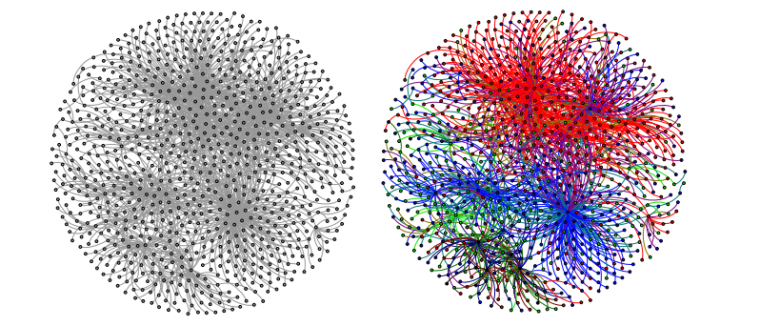When old-timey villagers in monster movies grab their pitchforks and torches and gather in the town square, it's almost never a spontaneous expression of joy. Nope, the emotion these townsfolk organically spread, all the way to that spooky castle at the edge of town, is anger.
So it is with the Internet.
A new study supports what plenty of us who hang out on the Internet pretty much figured to be true: Anger is the most viral emotion on the Internet. The examination of how we humans are influenced by friends on social media, conducted by researchers at Beihang University in China, found that friends and followers are far more likely to share or echo angry sentiments than messages containing sadness, disgust or even joy.
Whereas you or I might monitor Twitter, Facebook, Reddit and any random forum and come away with the conclusion, "Boy, Howdy! People sure like to be mad on the Internet!" these researchers did their due diligence. The study's data came from Weibo — China's crazy popular version of Twitter — which has more than 500 million users and sees 100 million messages posted each day. Over a six-month period in 2010, the group collected 70 million tweets from 200,000 users. Researchers then put the microscope on users who interacted with other members at least 30 times during the study, and from that drew up a networked web of connected users.
To figure out how emotion rubbed off among social media friends, researchers labeled tweets with one of four emotions: joy, sadness, disgust and anger. Sadness, it seems, is an emotion few users care to share, with sadness-labeled tweets doing little to affect the online mood of directly connected social media friends. Disgust shared a similar lack of influence.
Just like in real life however, joy was something lots of people wanted to get in on, researchers found. Compared to tweets of sadness and disgust, joyful updates were more influential. A happy tweet was far more likely to be shared by close connections.

Still, what's a little joy compared to righteous indignation? Far more than even joy, anger spread quickly among those who were closely connected, and continued to spread beyond immediate social media friends significantly more than positive tweets. Most of the angry tweets were inspired by one of two topics — and as the study was based on the population of China, neither are Miley Cyrus.
International conflict and domestic problems were the topics of most angry tweets analyzed during the study.
These tweets included anger over the August 2010 military drills conducted by the United States and South Korea, on the Yellow Sea, just off the coast of China. In September 2010, ships from China and Japan collided, making "users in Weibo extremely rageful," the report notes.
Regarding domestic issues, "Weibo is a convenient and ubiquitous channel for Chinese to share their concern about the continuous social problems and diplomatic issues," the report added. "Pushed by the real-world events, these users tend to retweet tweets, express their anger," and hope to see their messages shared widely on the social media network.
Just as viral anger is not a big surprise, the study also found that the more two users connected over social media, the more likely they were to reflect each other's emotions. As obvious as this may seem, it's sometimes surprising what bit of news or gossip will get the angry train running. The first to figure that out wins the Internet.
Helen A.S. Popkin goes blah blah blah abut the Internet. Tell her to get a real job on Twitter and/or Facebook.
